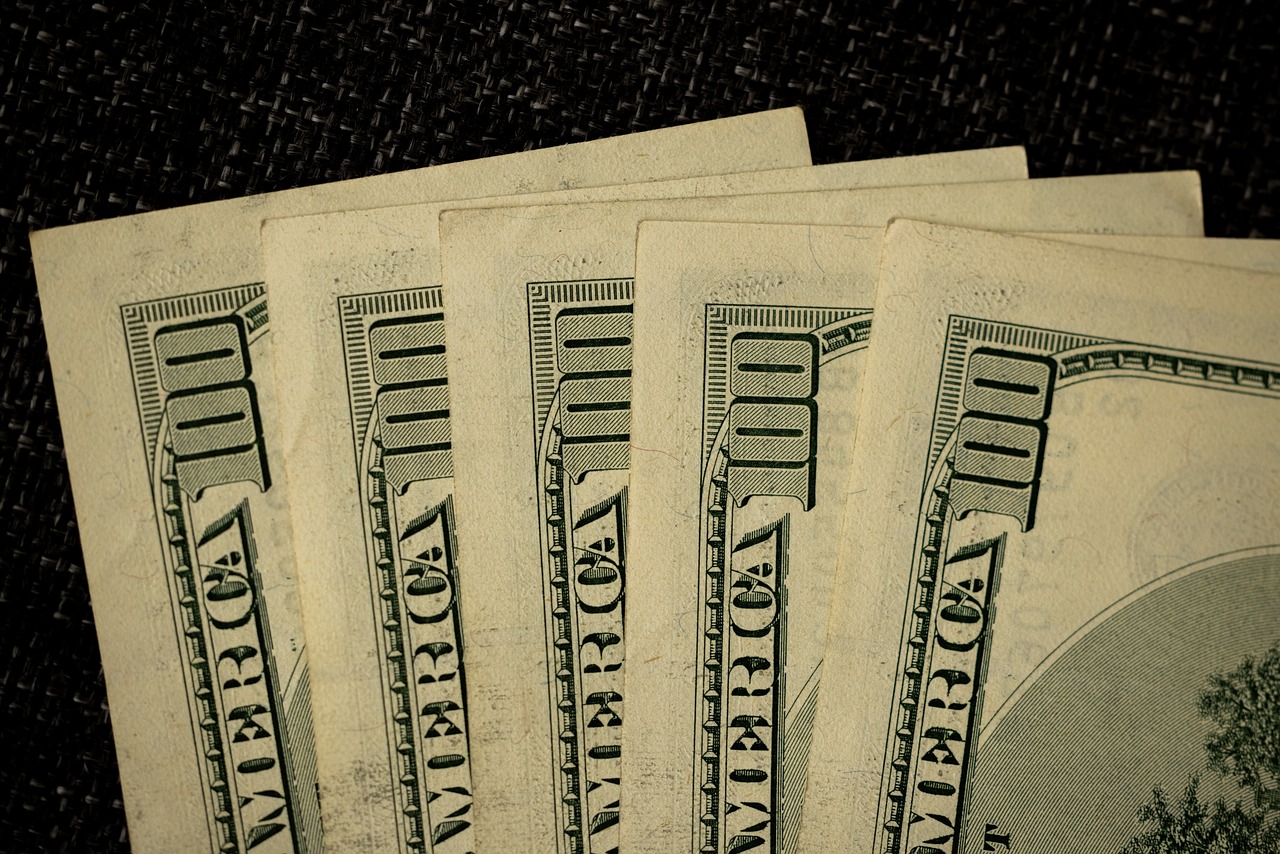
10 Apr Will my IRA distribution be subject to income tax?
Photo: pixabay.comQ. I’m trying to determine if a distribution from an IRA would be subject to New Jersey taxes? I am 61 years old and my income is $30,000 a year. The money is from an old 401(k) with an employer I know longer work for, and it’s worth about $44,000. How much would I have to pay?
— Taxpayer, maybe
A. You may be in for some good news here.
First, if there are other data points you didn’t include in your question, note that it could affect your tax status.
New Jersey allows taxpayers aged 62 or older to exclude a certain amount of pension income, such as pensions, IRAs or 401(k)s, from taxation if their income was at or below a certain amount, said Bernie Kiely, a certified financial planner and certified public accountant with Kiely Capital Management in Morristown.
It’s important to remember that Social Security income, which is not taxed by the state, is not included in the calculation.
If your gross income is $100,000 or below, it’s not taxed, and the maximum pension exclusion in 2022 was $100,000 for married couples, $75,000 for singles and $50,000 for married couples filing separately.
If your income is higher, you may be eligible for a partial exclusion.
If your total income is $100,001 up to $125,000, you can deduct a percentage of your retirement income: 50% if you are married filing jointly, 25% if you a married filing separately and 37.5% if you are single/head of household or qualifying widow(er).
If your total income is $125,001 up to $150,000, you can deduct a smaller percentage of your retirement income: 25% if you are married filing jointly, 12.5% if you a married filing separately and 18.75% you are single/head of household or qualifying widow(er).
There’s another provision to remember, Kiely said.
“If your income was at $100,000 or below and you didn’t have sufficient pension income to use up the available exclusion you could use the `Other Retirement Income Exclusion’ to exclude other income such as wages, interest, dividends, self-employment income and capital gains,” he said. “The `Other Retirement Income Exclusion’ is available only if your salaries, wages, sole proprietorships, partnerships and S-Corporations were $3,000 or less.”
If your earned income exceeds $3,000. you are not entitled to the “Other Retirement Income Exclusion,” he said.
“You said you are 61 so next year you will be 62 and you will qualify for the pension exclusion,” Kiely said. “So if you take some or all of the 401(k) funds it will be excluded for New Jersey income tax purposes,” he said. “If the $30,000 in other income is not salaries or wages, that will be excluded also.”
Email your questions to .
This story was originally published in April 2024.
NJMoneyHelp.com presents certain general financial planning principles and advice, but should never be viewed as a substitute for obtaining advice from a personal professional advisor who understands your unique individual circumstances.

